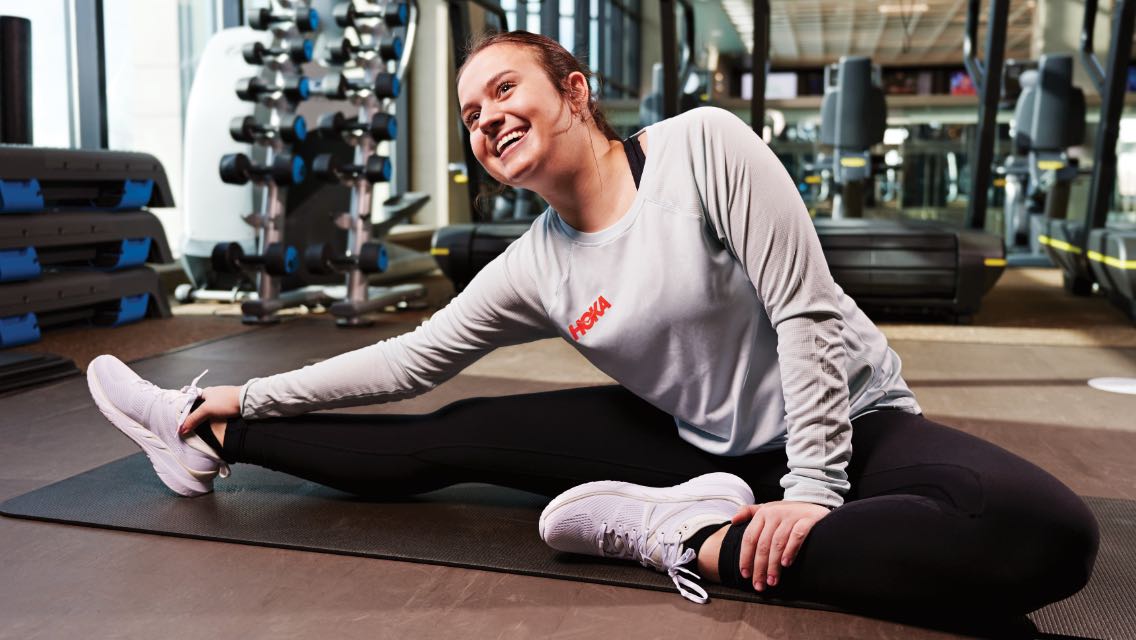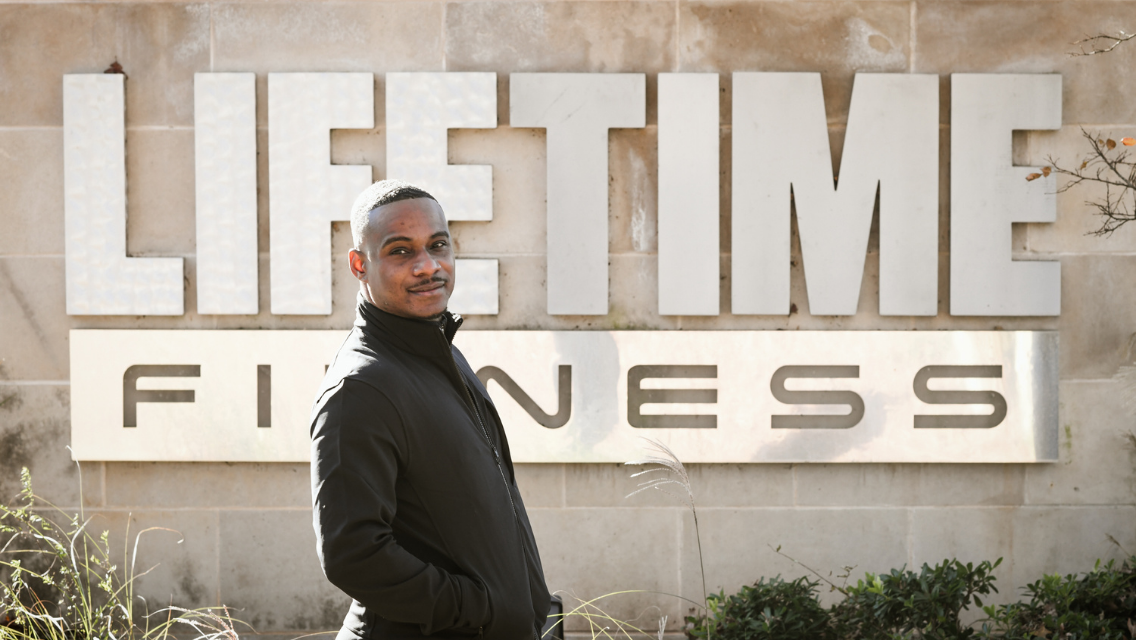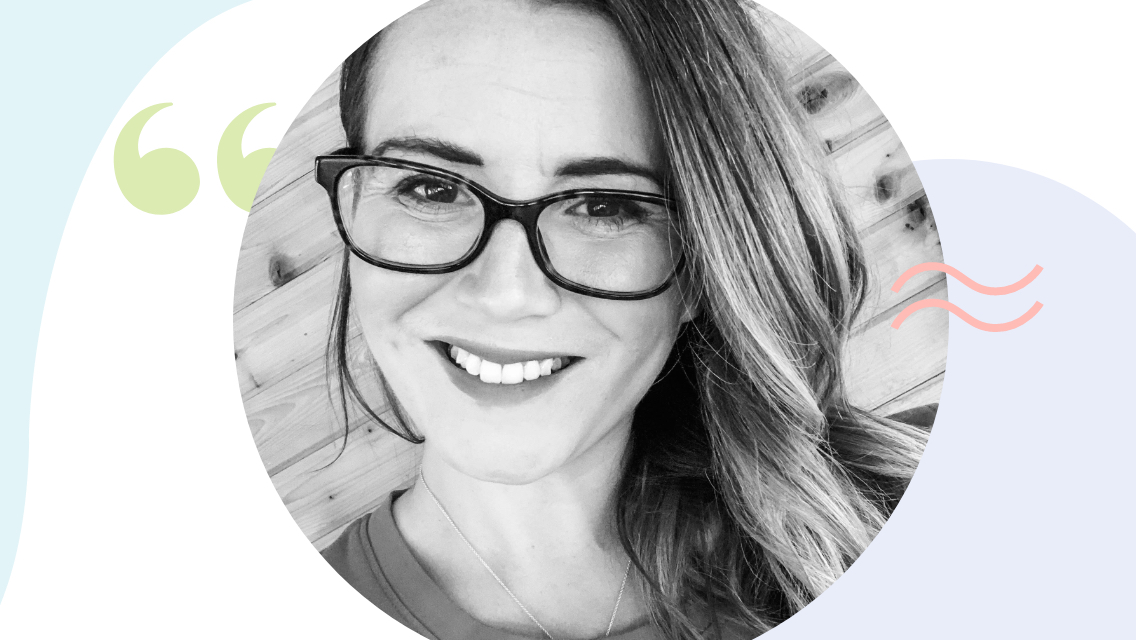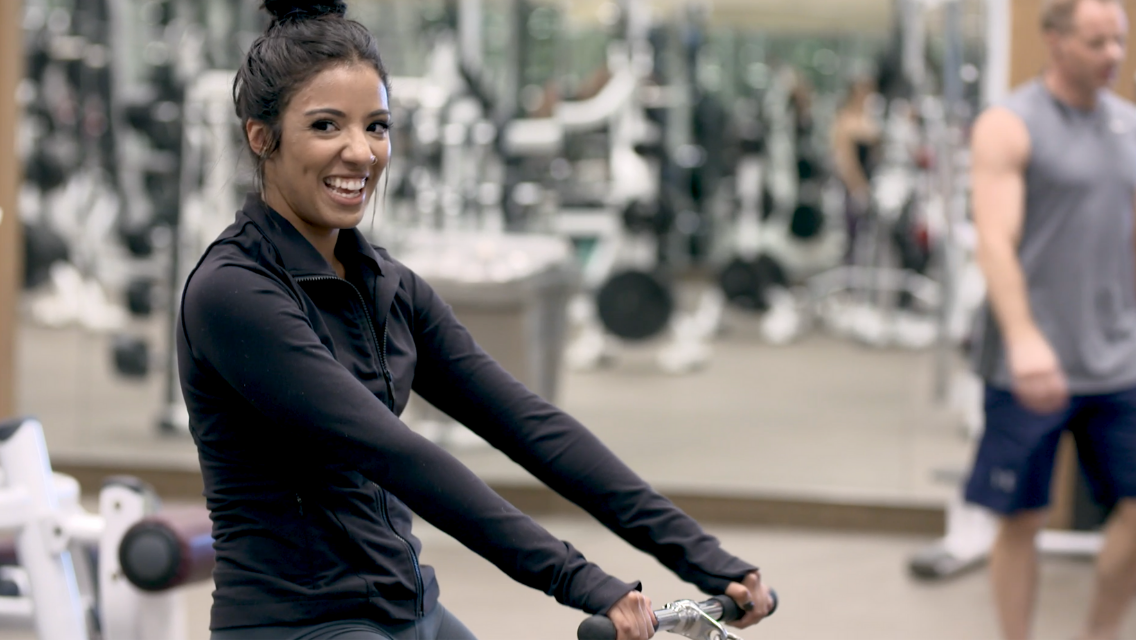
As a freshman in high school, Lindsay Byrd didn’t recognize her anxiety for what it was. The teen — and aspiring surgeon — had always had perfectionist tendencies, so she thought it was natural to feel stressed about academics and her GPA. She knew she needed stellar grades to achieve her goals.
But when she started approaching her teachers to discuss assignments they’d graded and scores she’d received, one of her teachers took notice. She scheduled a meeting with Lindsay’s parents to discuss her concerns and went so far as to say that she didn’t think Lindsay would make it beyond her early 20s if she continued to be so stressed over school.
Lindsay and her parents were caught off guard by the teacher’s concerns, but they listened and took immediate action. She began seeing a therapist, who diagnosed her with anxiety and depression. Other than school-related stress, Lindsay can’t pinpoint anything else that might have caused these issues for her. “I think it’s important to note there doesn’t have do be a particular issue or trauma or wound for mental illness to affect people.”
She attended therapy regularly and eventually began taking medications. These measures were helpful and she felt OK for a while. But then Lindsay started to notice some worrying trends during her sophomore year.
“I always had highs and lows, but I really started to notice a lot of lows,” she recalls. “To the point where I couldn’t even think about the highs because everything was just a low. I felt like my brain was sick — I was constantly sad.”
The issue came to a head when Lindsay’s depression progressed to the point where she stopped caring about school. “That was when I realized something was drastically wrong. School was my love, and I just didn’t want to go anymore.” She knew that something needed to change.
Finding Fitness
Physical fitness had never been a top priority for Lindsay. Though she’d joined the dance team in middle school, she’d largely strayed away from sports after eighth grade. Her schoolwork became her focus, and it didn’t leave much time for her to worry about being active.
In 2020, Lindsay decided to sign up for a membership at Life Time. Her older brothers had been working out for several years, and she’d seen how integral fitness was in their lives. She thought if it worked for them, maybe it was worth a try — though she had no real desire to workout.
To get motivated, Lindsay made a deal with herself: After every workout she completed, she’d let herself relax in the jacuzzi.
To get started, Lindsay initially worked with a personal trainer, who showed her how to do squats and other strength exercises. She even started running on the treadmill, something she never thought she’d do. She started with small increments — just five minutes — and slowly added more time to her runs. Soon enough, she was hitting a mile.
She was blown away — and was also hooked. “Once you start working out, you don’t even have to think about it anymore. I started working out every day, and then it just became a habit, and I didn’t even need to go to the jacuzzi anymore.”

Making Progress
As Lindsay established her routine, it didn’t take long before she began to notice the effects it was having on her mental health. She remembers being motivated by the feeling of her body when it was sore, which indicated progress. And she thrived on the sense of accomplishment she gained from her physical progress — coupled with the serotonin release from her workouts.
“I’ve always loved to feel proud of something that I did,” says Lindsay. “When I started to feel accomplishment, and to feel like I could see progress, that was when I really got the boost. It was like ‘OK, Lindsay, you did it!’”
Lindsay’s fitness gains inspired her to focus on her eating habits, too — she didn’t want her diet to hinder her progress. So she started taking more notice of what she was using to fuel her body. “When I went to the grocery store, instead of grabbing snacks from the chip aisle, I’d grab them from the granola and peanut aisle,” Lindsay recalls. “When I started eating better in addition to working out, I started to have more energy on a daily basis.”
Focusing on a Bright Future
After personally experiencing the mental, emotional, and physical benefits of working out, Lindsay, now 18 and just weeks away from her high-school graduation, notes that it was hard when fitness centers closed down due to COVID in 2020. She did what she could to maintain a routine by going on brisk walks outside and doing some at-home strength training — but she realized quickly how important Life Time had become to her.
And as soon as the health club reopened, she jumped back into her routine, making up for lost time.
Now, as she looks back at her mental-health journey (so far), Lindsay wishes that one of her doctors or a therapist would have recommended physical activity as part of her recovery plan. She acknowledges the value of therapy and medication, but for her, exercise turned out to be her most important tool.
“Little did I know that my mental health would be impacted more than my body,” she says. “Even after a 5-minute run, both my body and mind feel better.”
More importantly, Lindsay’s experience has encouraged her to look outward. Having seen how much her well-being improved after adopting a fitness routine, Lindsay would love to see other people — particularly those struggling with mental-health issues — try to incorporate fitness and movement into their lives.
“I think that doctors forget to tell you that, yes, the medicine might work, yes, the therapy might work, but one other thing that can really change your mental well-being is focusing on your physical body,” Lindsay says. “If you focus on nutrition and getting active, the mental well-being often benefits, too. My hope is that people will just give it a try. You know, see how their brain feels after a little bit of working out and a little bit of good food.”




